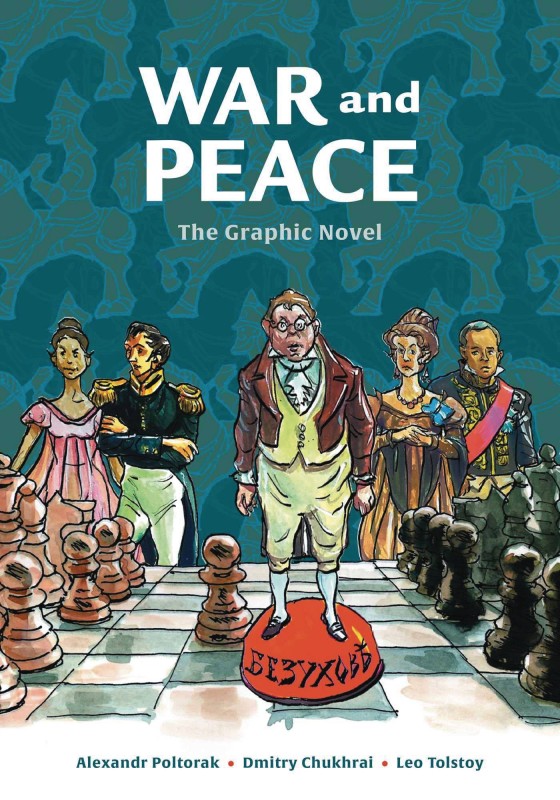In an era where tumult reigns supreme, the teachings of the Bahá’í Faith emerge as a beacon of hope, illuminating paths toward achieving true harmony and unity across cultures. The intricate interplay between war and peace serves as a stark reminder of humanity’s perennial struggle, yet these teachings invite us to transcend mere discourse and incite transformative action. To truly engage with the principles of Bahá’í teachings concerning war and peace, one must immerse oneself in a comprehensive understanding of their profound implications and practical applications.
At the heart of Bahá’í teachings is the notion of the oneness of humanity—a revolutionary concept that implores individuals to view all people as parts of a unified body, akin to the delicate interdependence of the components within a complex ecosystem. Each individual, like a unique thread in a vast tapestry, contributes to the intricate design of society. This understanding is not simply an abstract idea; it demands the instillation of empathy, compassion, and active participation in the quest for peace. The urgent call is not merely to engage in ideological conversations but to act with deliberate intent toward collective betterment.
Fundamentally, Bahá’í teachings emphasize the power of education as a vital instrument for cultivating peace. Education serves as the bedrock for fostering critical thinking, dismantling prejudices, and nurturing respectful dialogue among diverse populations. Imagine a gardener meticulously tending to a garden—each seed planted represents knowledge imparted, each sprout reflects the potential of a young mind encouraged to question, discuss, and innovate. Through education, societies can cultivate a rich soil from which the fruits of peace can blossom, ultimately yielding a harvest of understanding and cooperation.
Moreover, the principles of justice and equality are woven into the fabric of the Bahá’í Faith. Justice, in this context, transcends mere retribution; it encompasses fairness, impartiality, and a resolute commitment to advocating for the rights of the marginalized. In essence, one must strive to ensure that peace is not merely a superficial calm, but rather a deeply rooted state where individuals are afforded their rightful dignity. Striving for justice is, therefore, akin to constructing a sturdy bridge over troubled waters, allowing dialogue and understanding to flourish where conflict once threatened to divide.
Additionally, the Bahá’í approach to conflict resolution advocates for the power of consultation. This method encourages a collective decision-making process where every voice is heard, paving the way for a more inclusive and representative outcome. Consultation, as articulated within the Bahá’í teachings, is not simply a matter of exchanging opinions; it requires humility, a willingness to learn, and an intrinsic respect for one another’s perspectives. This approach resonates deeply in our contemporary society, where polarized viewpoints often exacerbate existing tensions. To foster peace, individuals must aspire to internalize this ethos, recognizing that meaningful solutions arise not from monologues, but from dialogues that embrace diversity.
Furthermore, the Bahá’í teachings highlight the importance of individual agency in the quest for peace. Each person holds within their grasp the potential to effect change, akin to a solitary candle illuminating a darkened space. Recognizing one’s role in the broader context of humanity entails an obligation to act constructively in one’s community and beyond. This principle affirms that no action is too small; rather, even the gentlest gestures of kindness can contribute to the global campaign against discord. Consequently, nurturing an attitude of service can kindle a spirit of solidarity, wherein individuals collectively work toward dismantling the barriers that perpetuate conflict.
In an interconnected world, the concept of global governance emerges as a crucial element in the Bahá’í vision for peace. This aspiration proposes a framework wherein a governing body—the “peoples’ assembly” of nations—operates not in self-interest, but for the welfare of all. This concept mirrors the workings of a harmonious orchestra, where each instrument must synchronously align to produce a crescendo of unity. The Bahá’í teachings advocate for the establishment of mechanisms of global cooperation that prioritize collective security, emphasizing that peace cannot merely be the absence of war, but requires constant diligence and collective resolve.
The pursuit of peace is, therefore, an arduous journey, reminiscent of an intricate labyrinth. Each turn and twist presents challenges and uncertainties, yet each step taken with intention and commitment propels individuals toward the radiant goal of harmony. Bahá’í teachings illuminate this path with clarity, urging humanity to seek not only to speak of peace but to embody it through action. This holistic engagement ensures that the quest for peace becomes not merely an ethereal aspiration, but a lived reality, grounded firmly in the hearts and minds of individuals.
Ultimately, the onus rests upon each person to champion the values of the Bahá’í Faith as they navigate the complexities of war and peace. In fostering unity, participating in education, advocating for justice, practicing consultation, and asserting individual agency, one transcends the dichotomous nature of conflict and contributes meaningfully to the advancement of humanity. The transformative power of these teachings lies not in their intellectual understanding, but in their practical enactment—how individuals choose to embody and express these principles in their daily lives determines the trajectory toward a peaceful future.
In conclusion, Bahá’í teachings provide a comprehensive framework that urges humanity to engage proactively in the spheres of war and peace. By recognizing our interconnectedness, nurturing a spirit of service, and advocating for justice and education, we can move beyond mere rhetoric and take resolute steps toward peace. Each endeavor, no matter how modest, nursed within a compassionate heart, has the potential to alter the course of history—ushering in an age where peace prevails over discord, creating a harmonious symphony in the grand orchestra of humanity.
